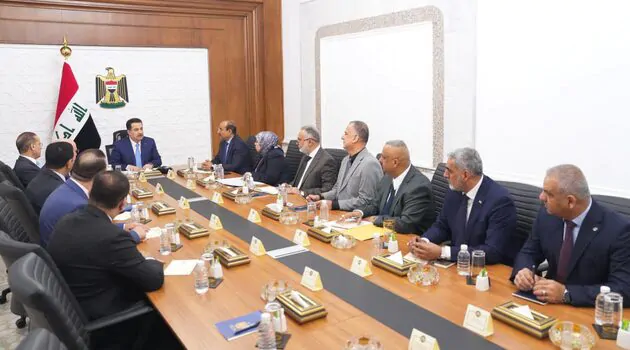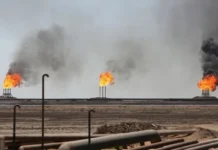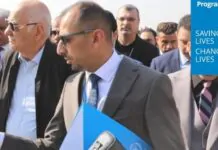Baghdad officials held an important meeting to look at how smart technology can help manage renewable energy across the city, especially in districts and sub-districts that depend heavily on electricity during the summer. The focus was clear: more solar power, smarter meters, and better planning.
During the meeting, experts discussed how new renewable energy projects could be set up, how much power they should produce, and where these solar stations should be built based on sunlight levels. The goal is to boost Baghdad’s electricity supply before next summer, when demand always hits its highest point.
Officials explained that the outer areas of the capital use about 30–35% of the city’s total electricity. To reduce pressure on the main grid, medium-scale solar networks paired with smart meters are being planned. Once these new solar stations start running, they are expected to cover that entire portion of demand.
The meeting also covered important details like investment options, expected production capacity, billing systems, and the land needed for these projects. One of the major plans reviewed was a large solar project expected to produce around 750 megawatts per day.
At the end of the meeting, ministries and state land departments were instructed to move quickly, coordinate closely, and prepare the required sites. The aim is to speed up installation, raise production, and ensure the new solar systems are ready before the summer heat arrives.





